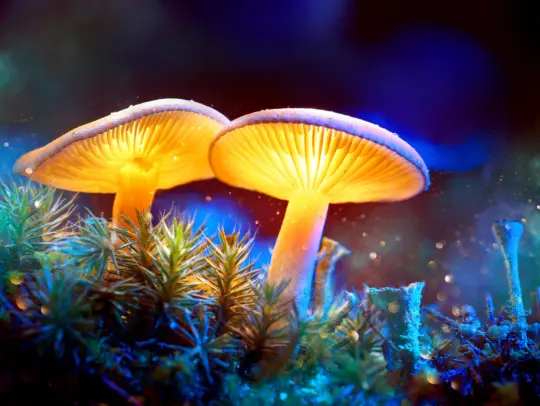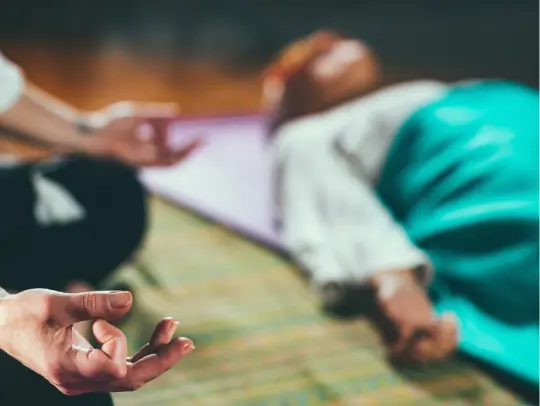
The Science and Soul of Sleep - Melatonin vs Ramelteon
Natural Melatonin or Prescription Ramelteon? Understanding the Best Sleep Support
In a world lit by screens and fueled by endless notifications, sleep has become more than rest—it’s rebellion. It’s a sacred act in an era that worships productivity and burns the candle at both ends. But for those of us chasing better nights, the question arises: which path to take? The familiar over-the-counter melatonin, or its prescription counterpart, Ramelteon?
Melatonin: The Gentle Signal
Melatonin isn’t a sedative. It doesn’t “knock you out.” Rather, it’s the body’s natural cue for nightfall—a subtle hormonal flag waved by the pineal gland as dusk settles. At low doses (about 0.3–0.5 mg), melatonin whispers to your biology: It’s time. Let go. Sleep awaits.
The problem? Modern culture has turned this whisper into a bullhorn. Many reach for 3, 5, even 10 milligrams nightly, overwhelming the body’s circadian rhythm. Overdosing can lead to grogginess, vivid dreams, and even rebound insomnia—the very issues we sought to escape.
Melatonin works best when used sparingly and intentionally—ideal for jet lag, mild circadian disruptions, or as a gentle nudge to realign your internal clock.
Ramelteon: The Precision Instrument
Enter Ramelteon, a prescription sleep aid designed to mimic melatonin’s benefits without its pitfalls. Rather than flooding the system, Ramelteon binds selectively to the MT1 and MT2 receptors—the brain’s “sleep gates”—to encourage natural sleep onset. Unlike sedatives or “Z-drugs,” it doesn’t alter GABA receptors, doesn’t sedate, and doesn’t impair REM sleep.
This makes Ramelteon particularly helpful for:
- Older adults whose natural melatonin production has waned.
- Individuals with sleep-onset insomnia who struggle to fall asleep.
- People seeking a non-habit-forming, FDA-approved option without hangovers or dependency.
Think of melatonin as the folk remedy—a soothing herbal tea—while Ramelteon is the trained herbalist: grounded in tradition, refined by science.
Choosing the Right Approach
Ultimately, the decision isn’t about what “knocks you out,” but what aligns you with the rhythms of night and nature. True sleep isn’t unconsciousness—it’s communion. It’s when your body repairs, your mind integrates, and your spirit dreams.
- Use melatonin mindfully for short-term support or to recalibrate your circadian rhythm.
- Consider Ramelteon if insomnia persists or biology needs a more precise nudge.
- Remember: supplements and prescriptions are tools, not replacements for sleep hygiene. Dimming lights, reducing blue-light exposure, and cultivating a bedtime ritual remain the pillars of restful nights.
The Takeaway
Sleep is sacred. In the rush of modern life, guard it like a flame in the wind. Whether you choose melatonin, Ramelteon, or simply the quiet courage to disconnect from the chaos, do so with intention. Because in the end, rest is not just recovery—it’s a return to balance, to self, to the stars themselves.





































